Saturday August 26th
My first Montreal trip and what day is it?
We just got back from Montreal
- I thought the trip was because it was more convenient (to fly to Montreal rather than directly to Burlington), but I think what happened is that the school made the Pure Maths people take a cheaper route or something…I don’t even know (I was offered once on a trip to France or something but said no and I was booked through Burlington, because I’m also just wary of cancellations or delays and being stuck in a city with nowhere to stay, versus if something is delayed or cancelled in Burlington, I can just go home and sleep in my bed for free!). So an hour’s worth of driving ended up being a 3.5-hour long trip from Montreal to Burlington via bus, with a shared ride just to get to the bus station from the airport (which itself was about 24 minutes away via car, and there was doubt that administration would even reimburse that, so I decided to take up the cost on that one). Personally, it was a thing that was nice to try as an adventure, but I certainly wouldn’t want to do it regularly. The logic doesn’t make sense to me either, considering that people are literally going halfway across the world in other departments being paid for by the same larger department, but something about pinching pennies for a trip that should take an hour? I think in poor taste I made a joke that next time, they’d want us to ride by horse or something so we don’t spend money on gasoline lol. It doesn’t really speak well of institutions that want to give the impression of being world-class, but that’s another issue for another day.
- Students put up with grad school and a lack of earning power for several years not only because they like research , but for the opportunity to travel, expand their thinking and (to) connect with their research community. A deprivation of those kinds of things leads to stagnation, both on an individual level, and an institutional one, as well as inbreeding, as if students stay within their bubble, it can be difficult to be exposed to new ideas and perspectives that might inform their work. It also makes the school look good when there is an important event (workshop, conference, whatever) and there is a solid representation from our institution; it shows that we matter and are doing work that matters. I think that this is something our institution is still very much struggling with, in that we don’t have this sort of infrastructure in place compared to say, some of my other peers at other universities, where for example a friend, even before starting their PhD, was told that if they merely applied and got into a workshop, their university would pay for their trip to a really really far place. And for this student, they hadn’t travelled outside of the United States before, but considered it because some of their peers in their lab were going, and they loved the area of study (it pertained to their area of research). This was a wonderful thing for me to experience, too, seeing how they were simultaneously conflicted with a sense of dread for something they would probably not do on their own, while simultaneously being filled with a sense of wonder and excitement about this new adventure that the school put up pillars of support to encourage them to attend.
- That in turn affects how students talk about their institution out in the world (to their peers, other PIs), and how others see those institutions (making a mark, actively publishing and speaking about their work). I think that we still have sort of an oompa loompa vibe, where we think just promoting one or two people and hiding the work of other(s/departments) is useful, but I disagree. I think a world-class institution has to present itself as holistically world-class, with constant momentum from various departments, with access to opportunity. I observe this a lot at institutions; ones in which just by being merely in its flow you can publish a paper, and others which actively put up administrative walls to frustrate those who are supposed to engaged in research and securing grant funding.
- Not only that, but for students who aren’t accustomed to the nomadic research travel lifestyle (they weren’t exposed to that kind of lifestyle of navigating new cities from travelling regularly, or maybe they are the first in their family to get a PhD, etc), it can be very challenging. How does one start finding or booking a place, or finding a flight, or navigating how to get from the airport to the hotel? How does one find the conference and get a badge? Having an infrastructure so that other labmates can go with them, or connect with other students at other universities who might serve as mentors and peers (or just offer advice about how to navigate a new city) can mitigate anxiety. To me, this is as much a part of the “research” process, as it is learning how to tackle something unknown. You hear professors talking about how they’ve travelled to elite institutions where one has to fold a napkin a particular way when consuming dinner, or travelling to obscure cities, and they speak with such confidence. That shouldn’t be assumed to be the case for everyone; travelling can be intimidating and cause a lot of anxiety. People (okay, mostly professors, who don’t want to go anywhere after years of travelling) do tire of travel, but I don’t think that is something that should be denied students at the age-range that they give up to participate in grad school. It’s one of the very few perks.
- In 2016, when I did a programme via NASA, one of the things I always remember is that my roommates at the time were waiting on me to show up because (as I was also working full-time) I was the only one who had enough money in my account to put my card as the incident fee hold card for the hotel that NASA booked for us to stay in. NASA had paid for our stay, but the hotel still wanted a card on file to hold something like $75, which is a lot of money for a student who is just going to school, with not a lot (of money) coming in. None of these students could fully check in otherwise to their rooms. Little things like this make a difference, and I think in moving forward, can make Academia a more joyful place to a range of students who want to engage in research but may come from different backgrounds.
- Plus, travelling can be a refuge from a toxic environment. From my personal experience, most of my current research collaborators are people I’ve met either in the past via attending workshops or conferences. It has taken a while but paid off immensely, and quite frankly, I am very happy with (and proud of) the work I am currently doing.
Anyways
- We left on the last day of the workshop, and I even prepped some slides to give part of our group talk, but as it turns out, to make our flight, we took the 9:30am shuttle to Calgary, and that meant I couldn’t actually give my part of the talk for the slides I made (wonk wonk). Still, I was thanked for my work and said we would meet as a group with next steps about continuing our 200+ page paper. In other news, another project is starting back up soon (September), and I spend part of the week writing up results for another project.
Here are some photos
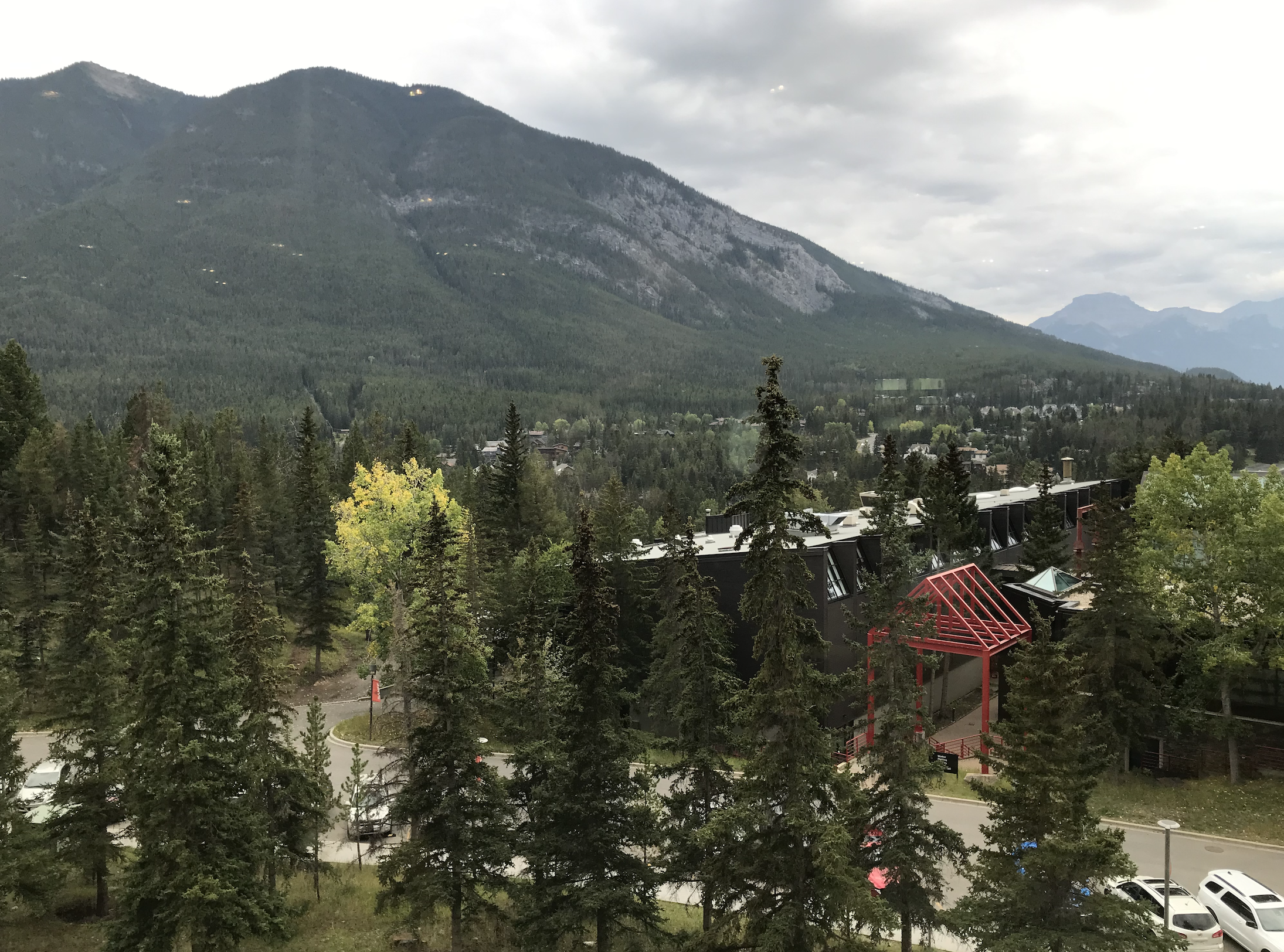
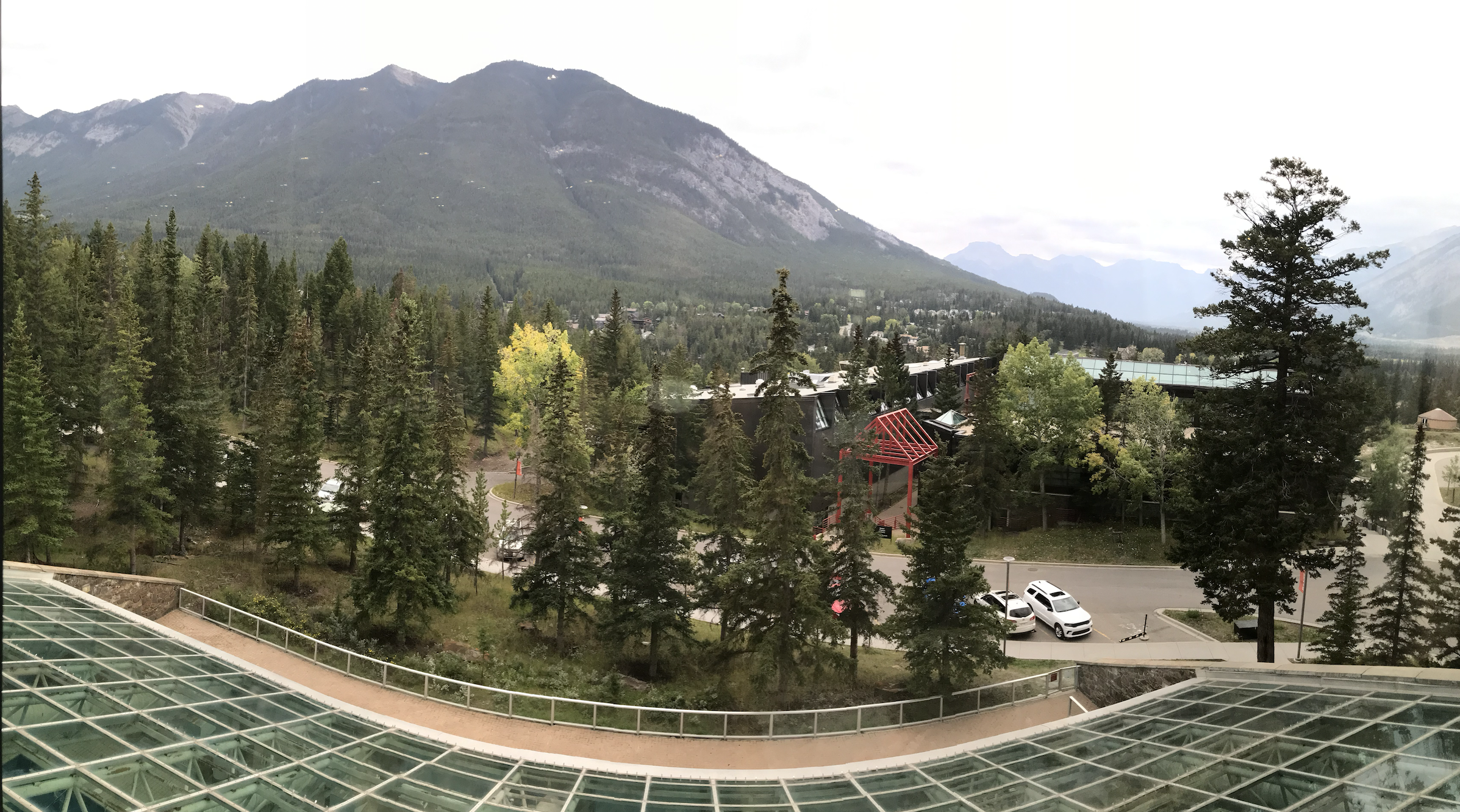
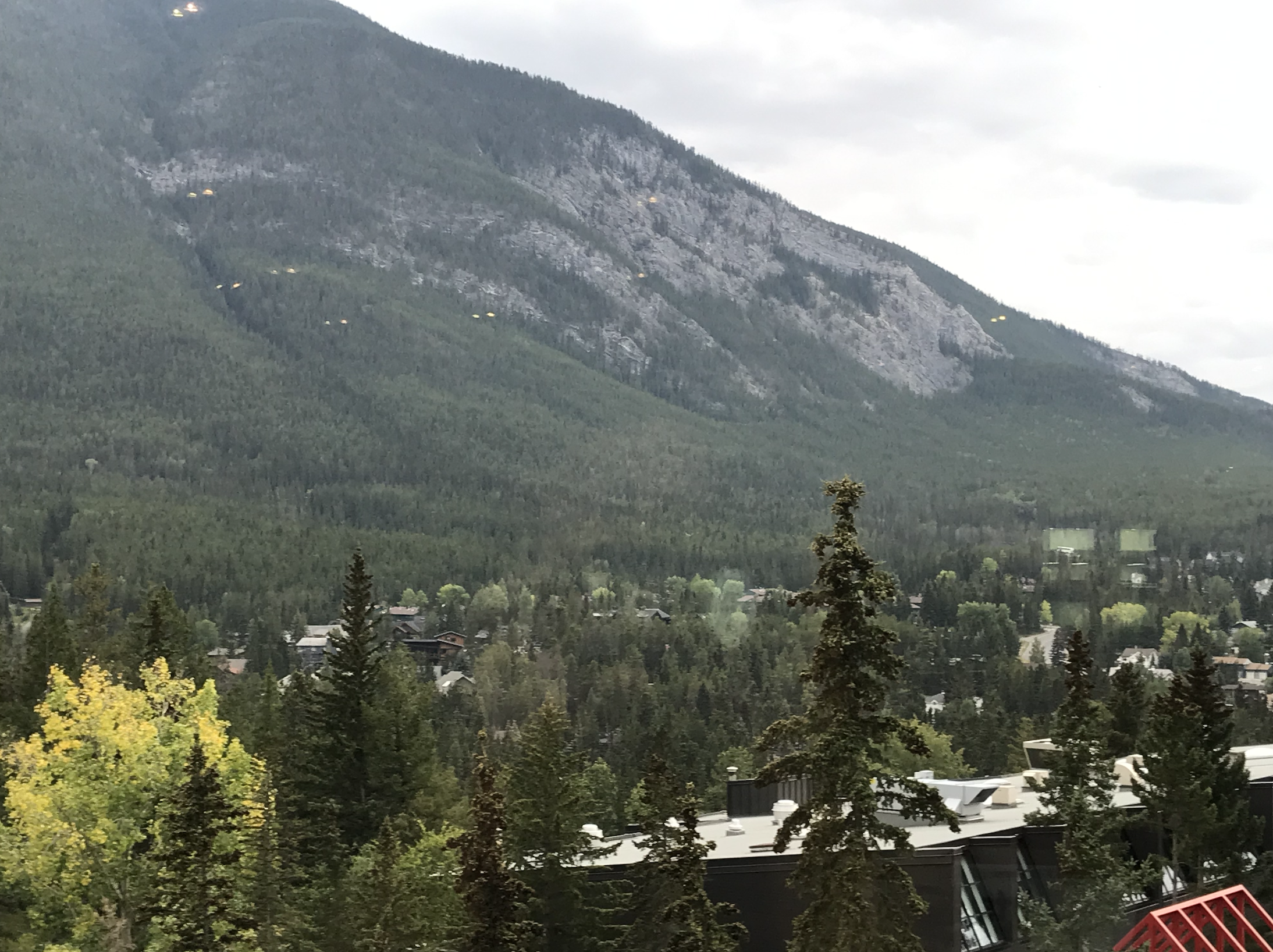
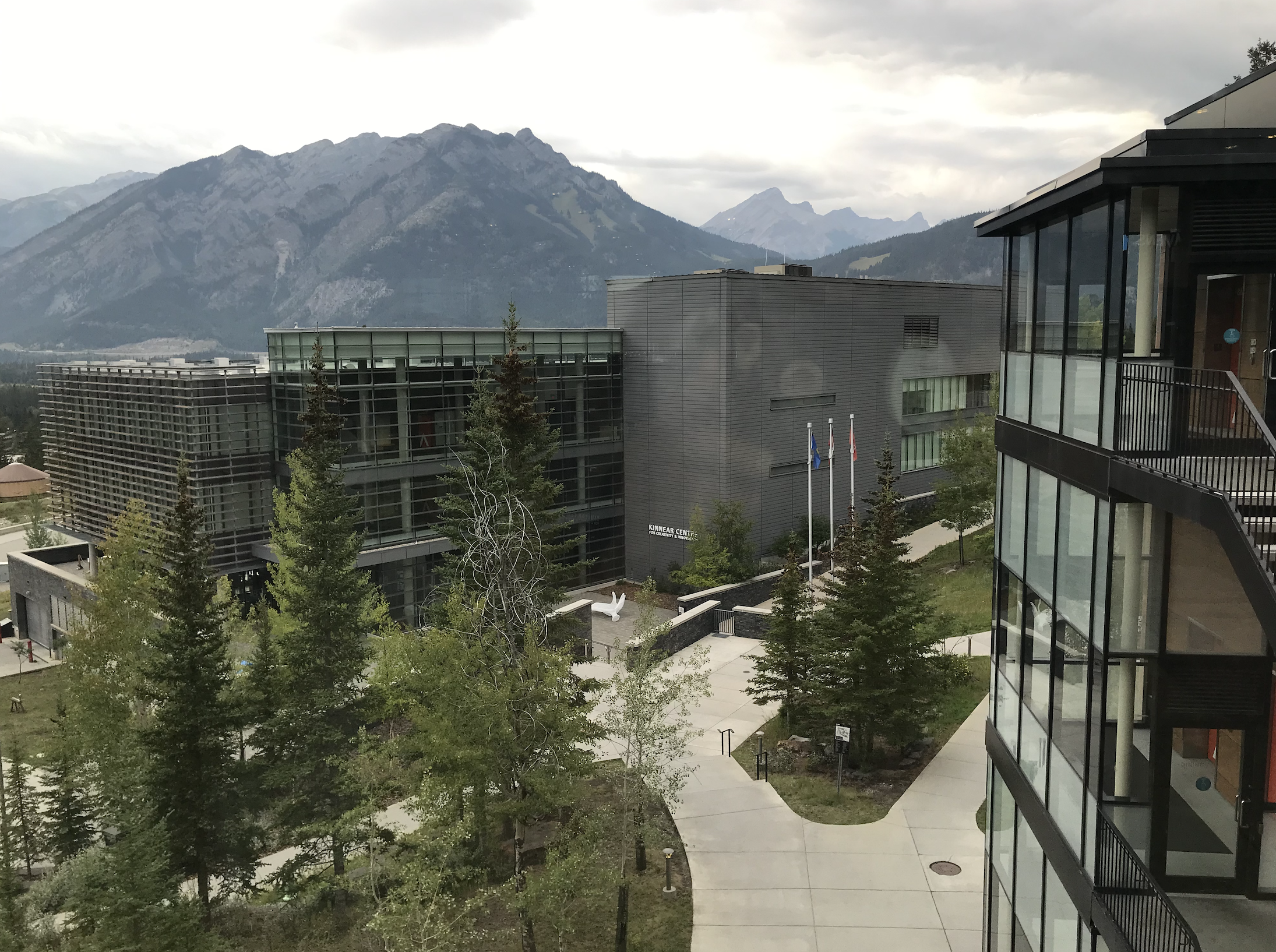
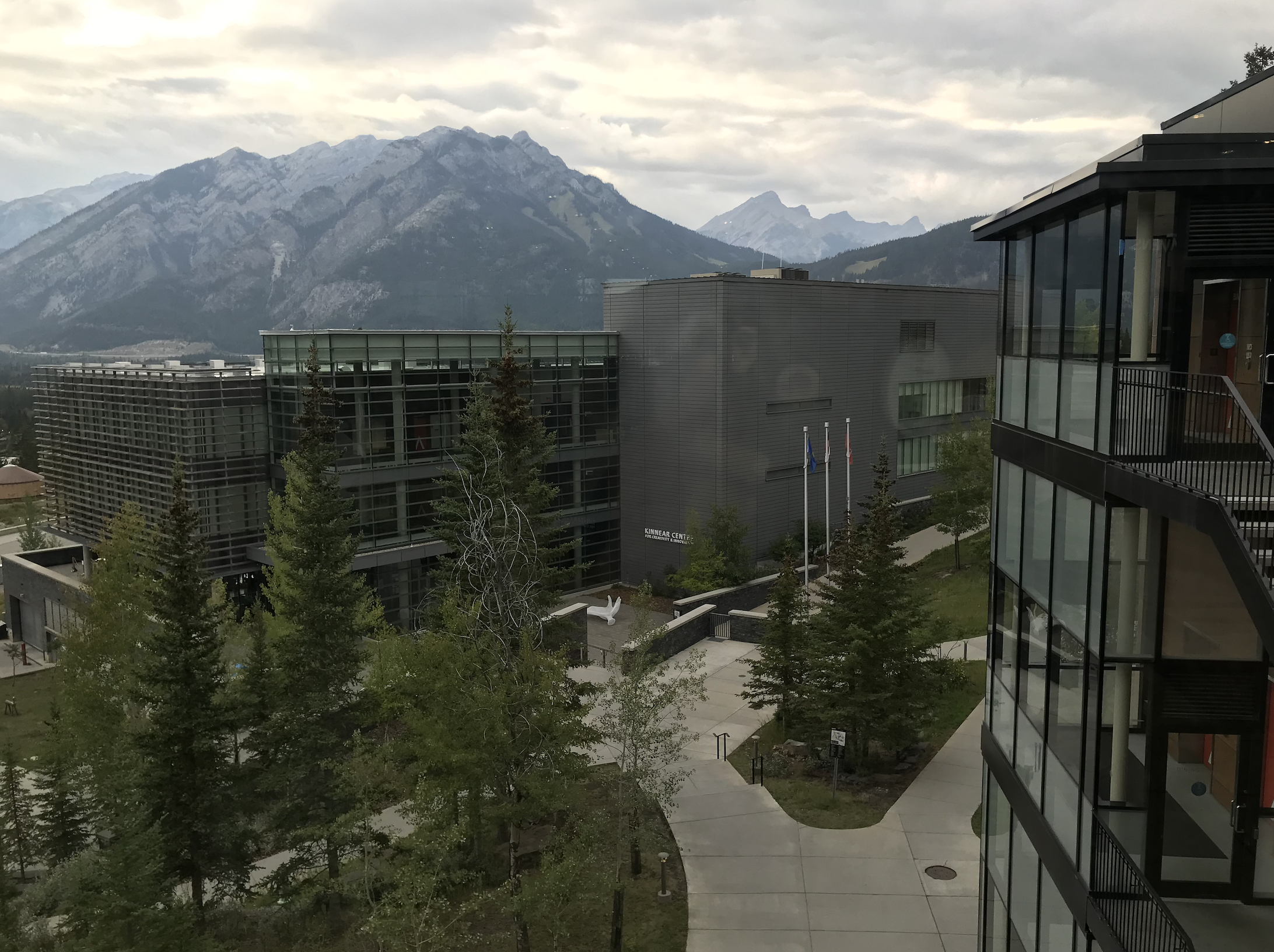
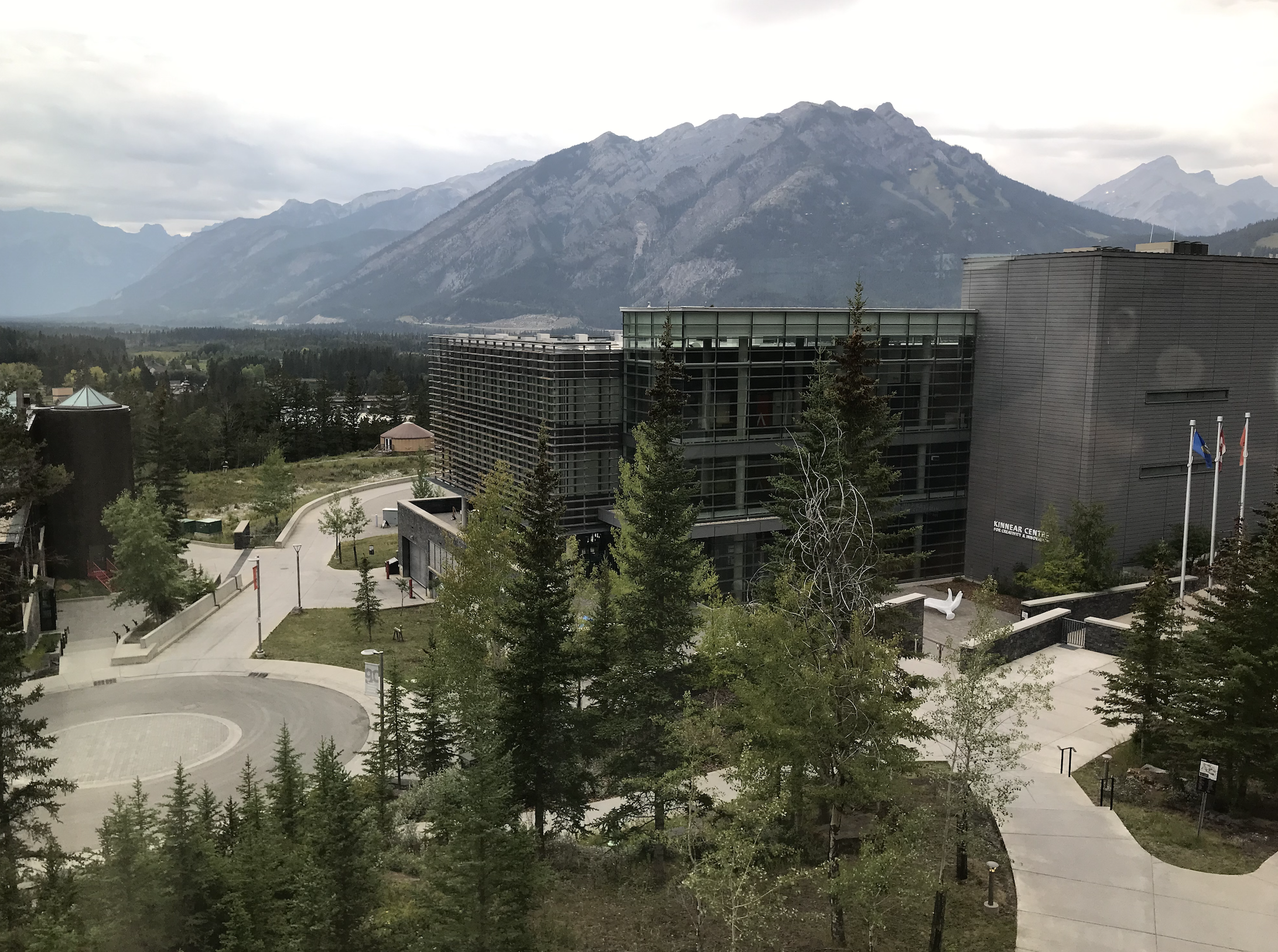
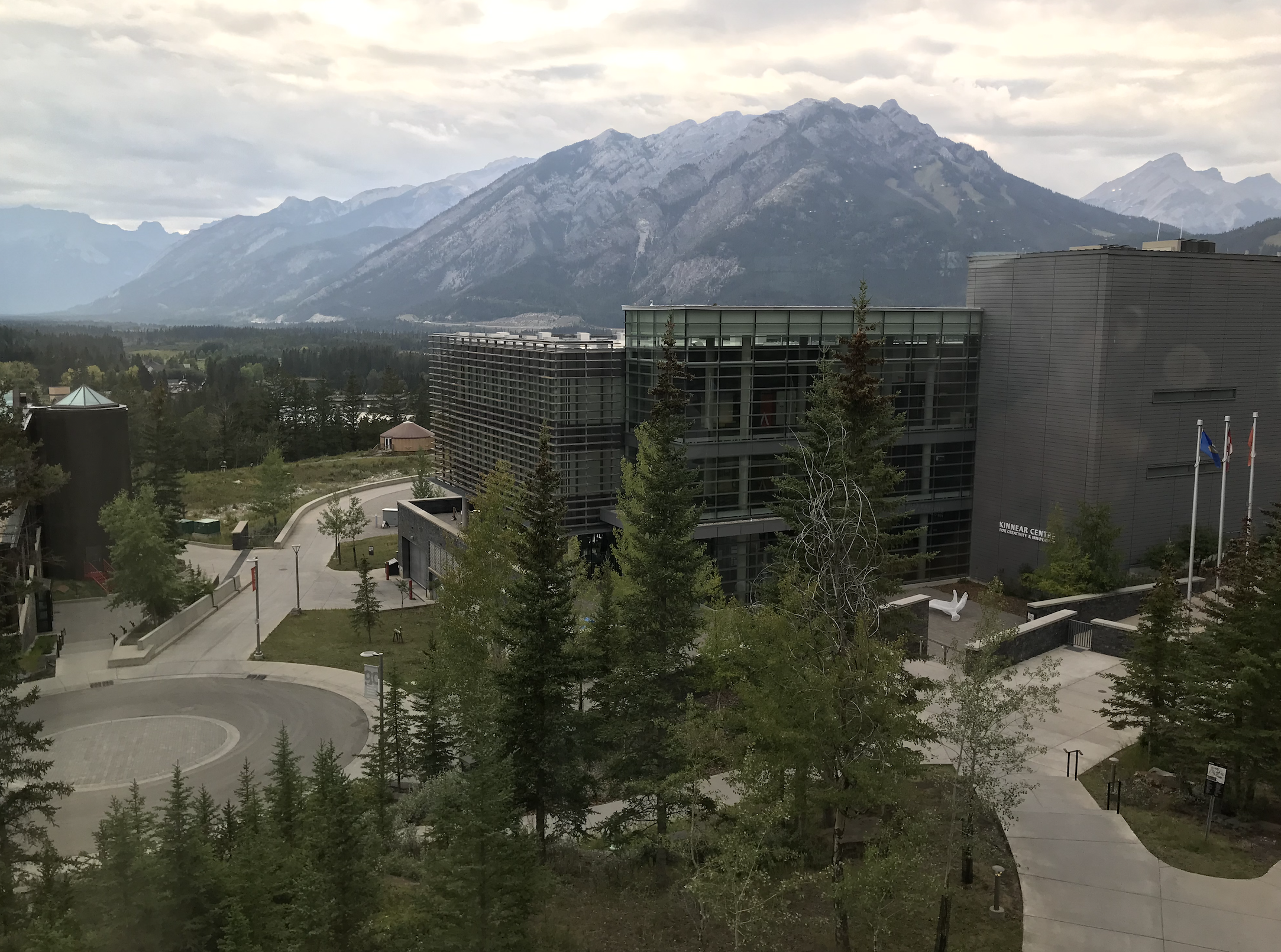
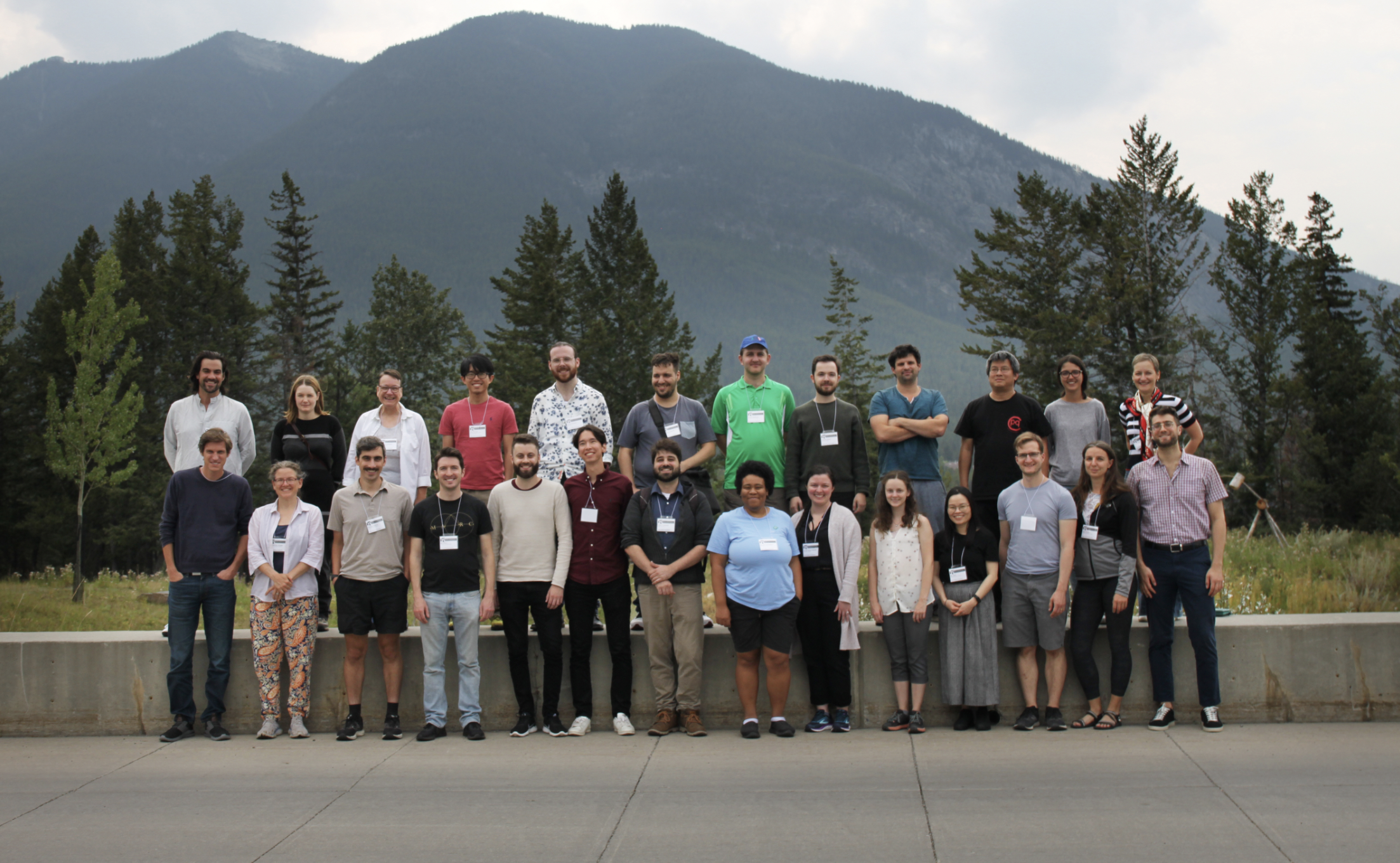
- This is courtesy the workshop’s website.
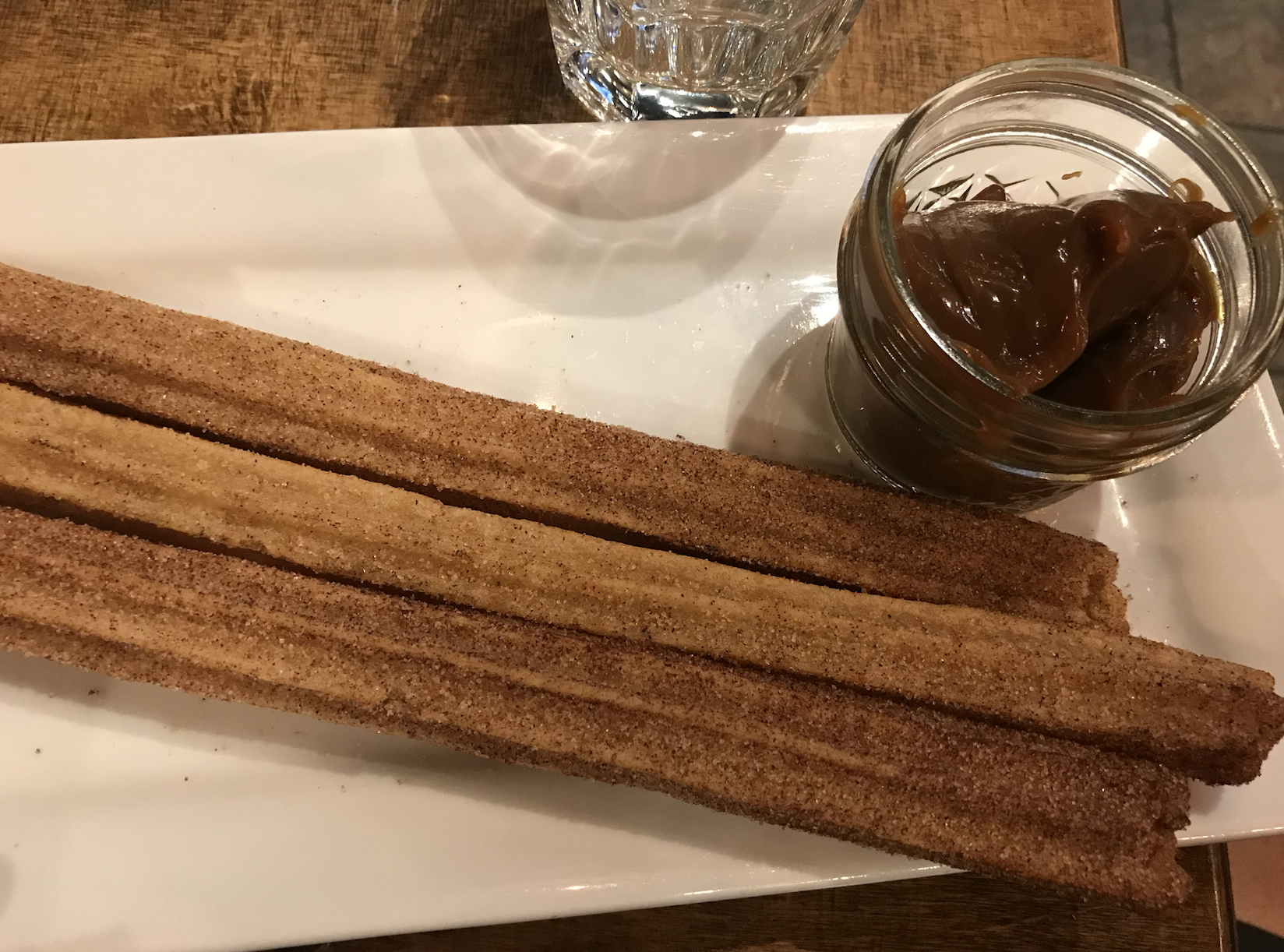
- Sarah and I stopped to find dinner before our bus ride. And we found churros!
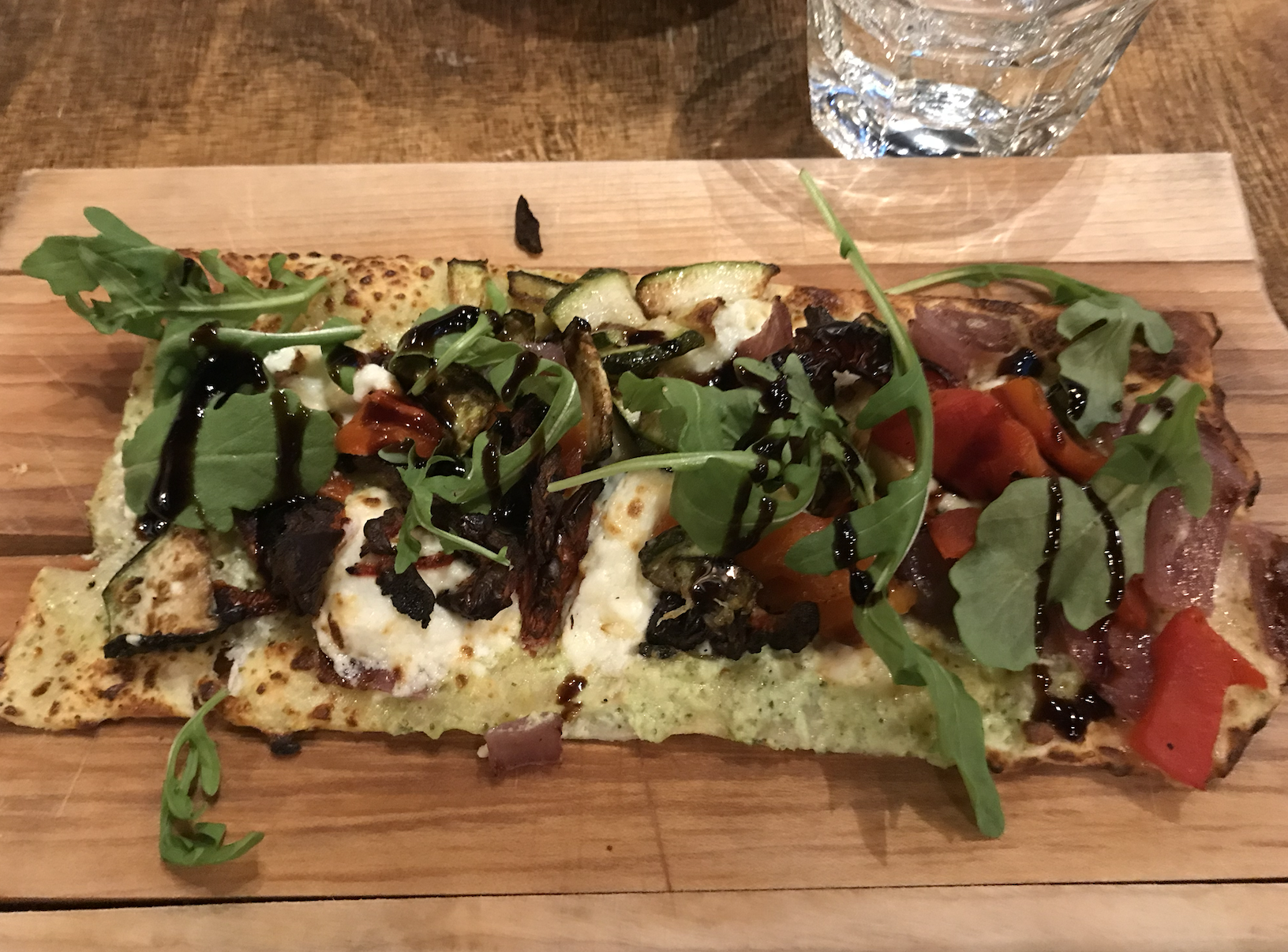
- Churros; I asked about their existence when I first moved to Vermont. Unfortunately, it’s not very popular here (in fact, someone said if I find any to tell him!), which is sad.
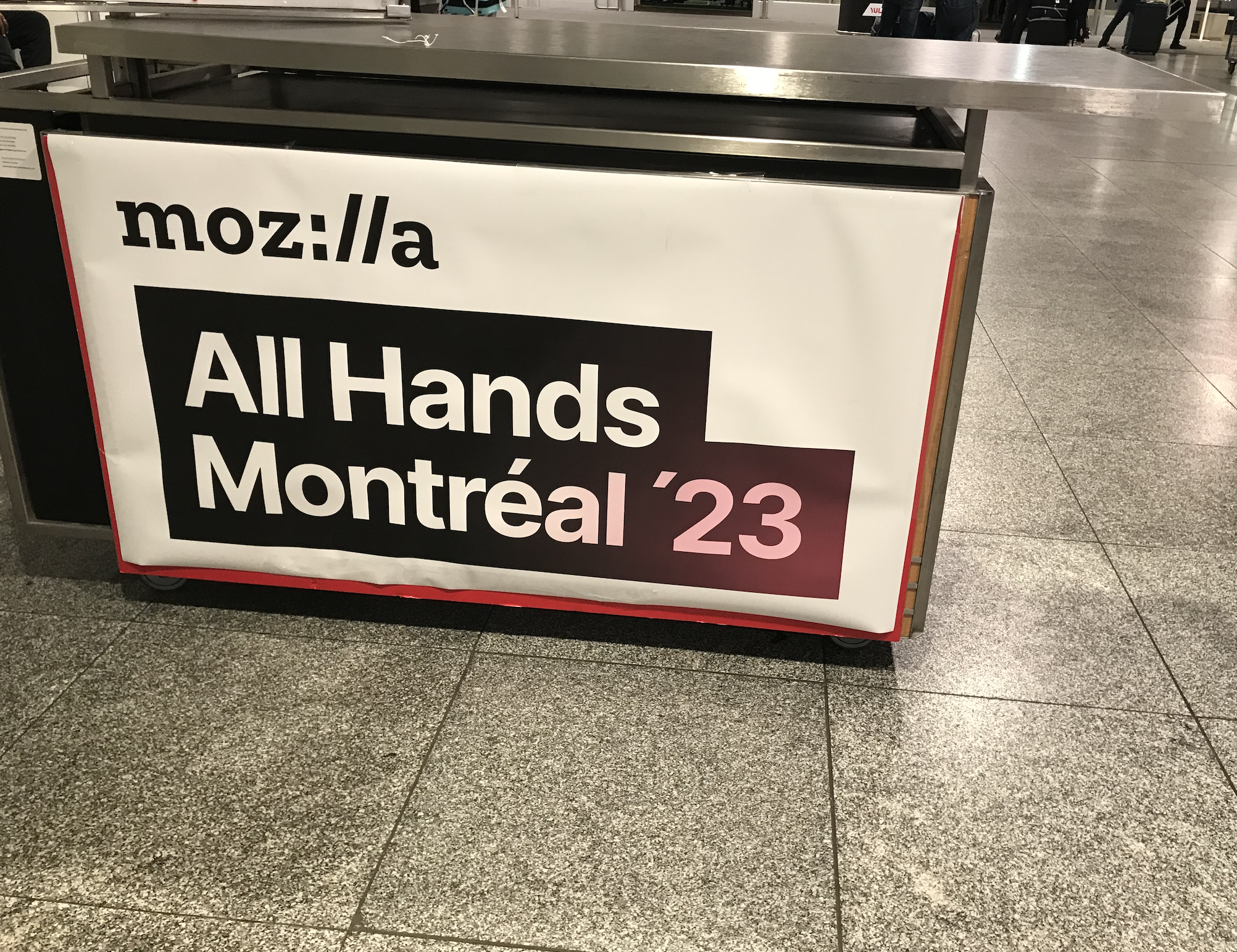
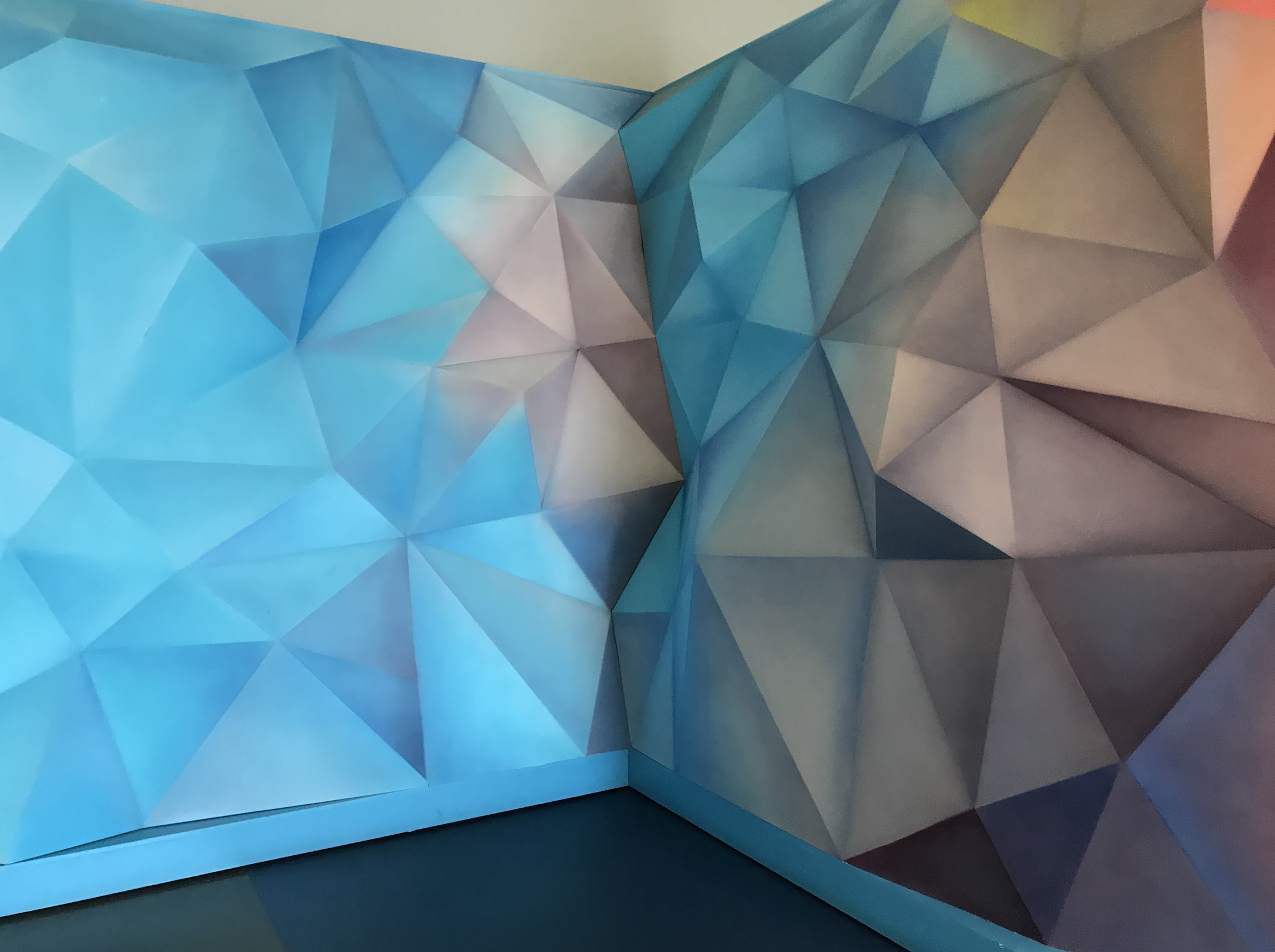
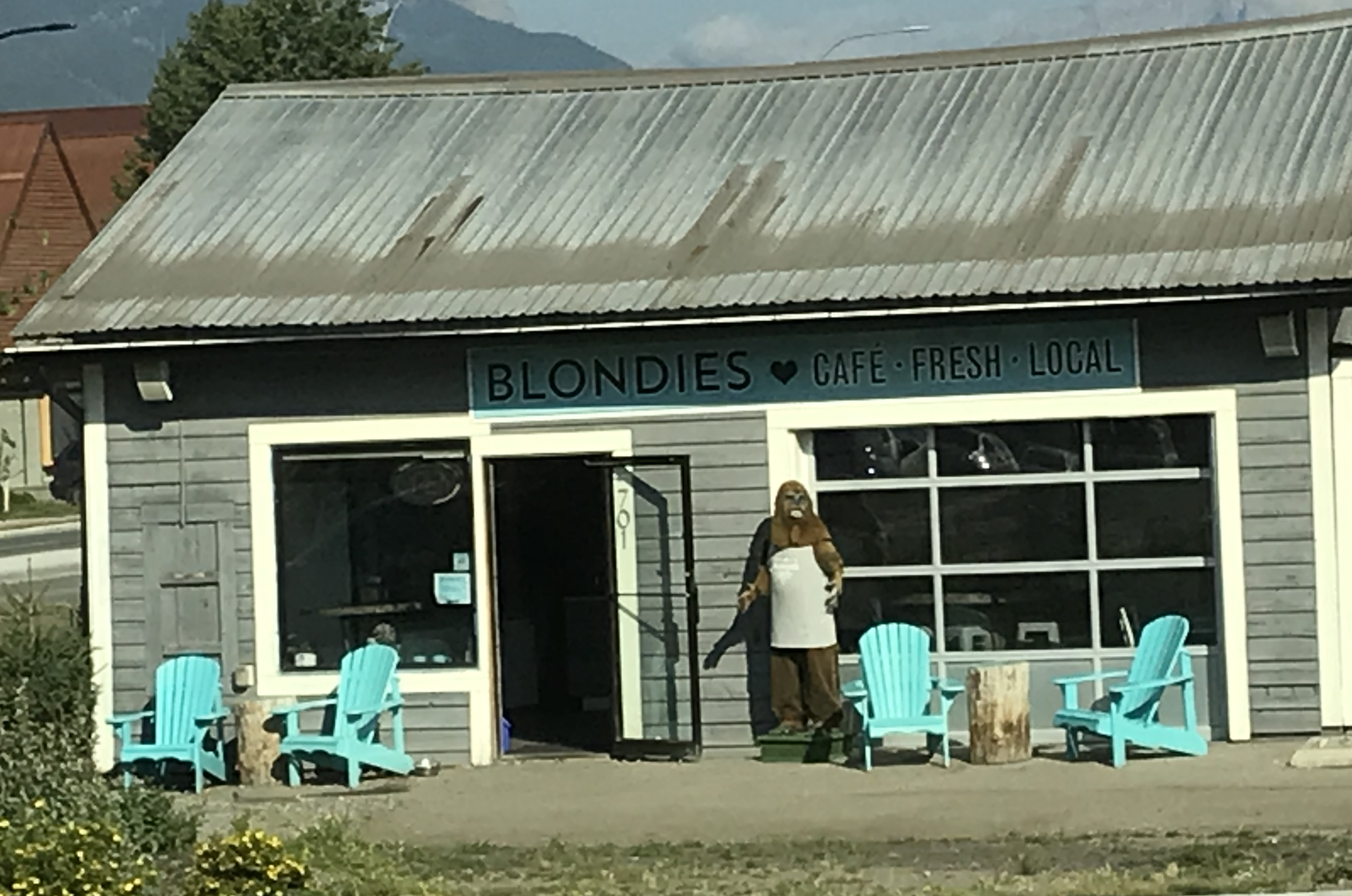
- I don’t even know what is going on here.
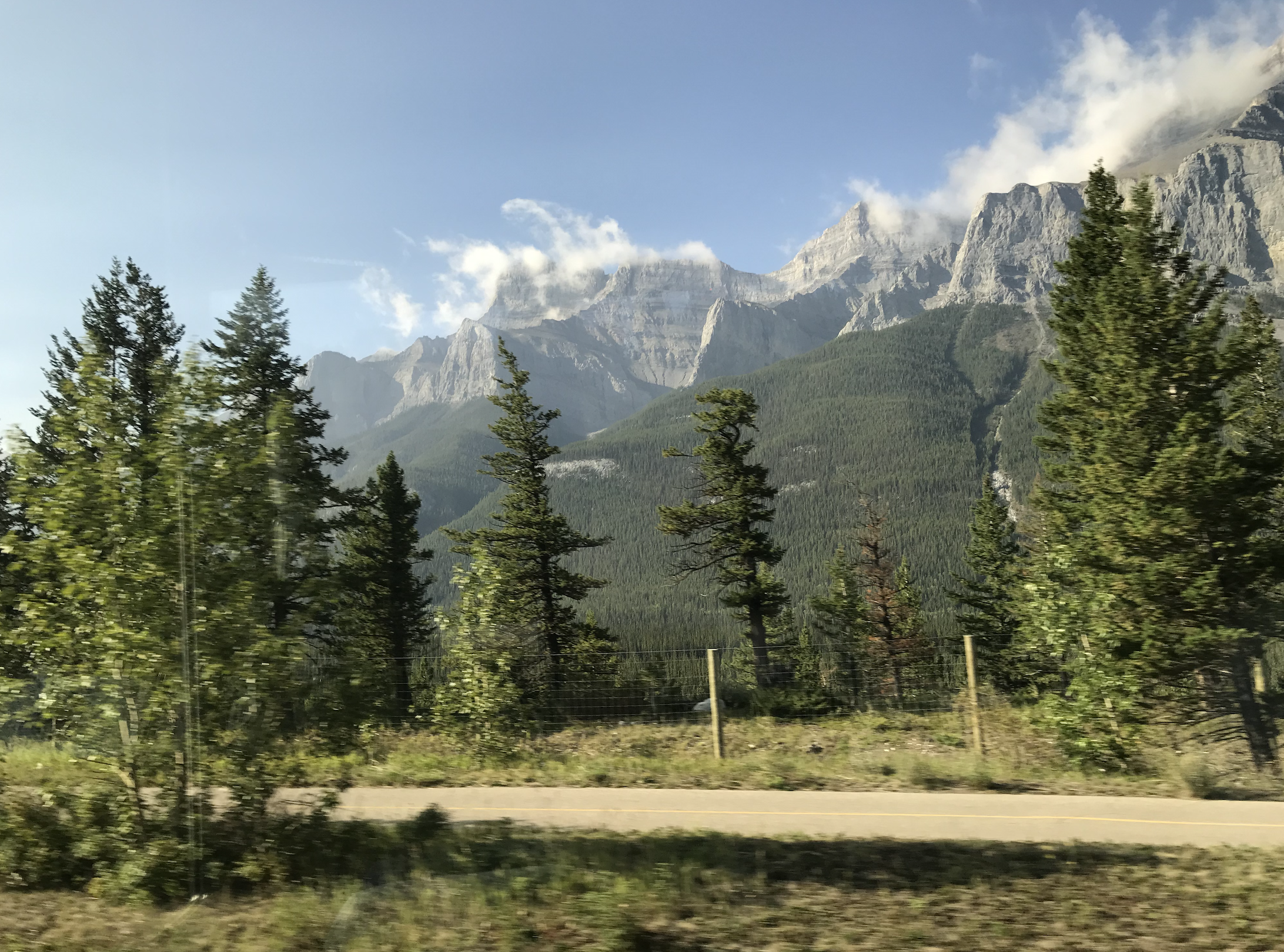
- In other news, I am super excited to sleep. It’s after 4am, and it’s about that time, I think. Good night.
And that’s it
Written on August 26, 2023
